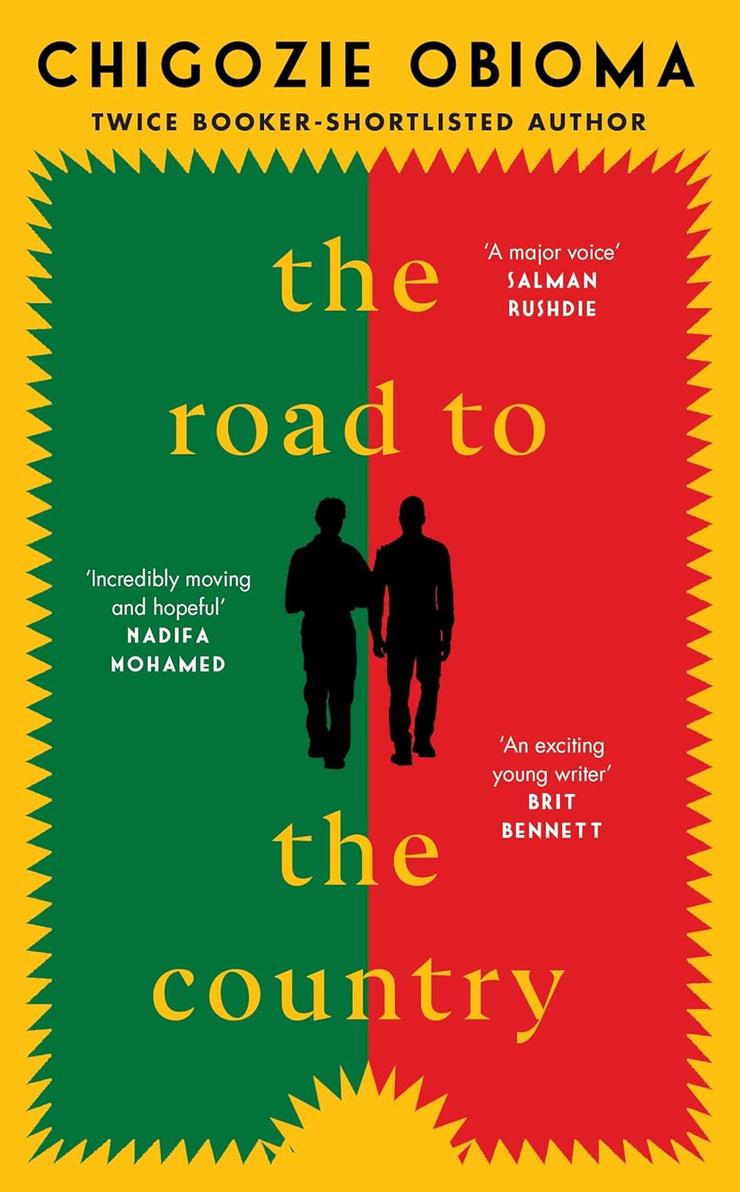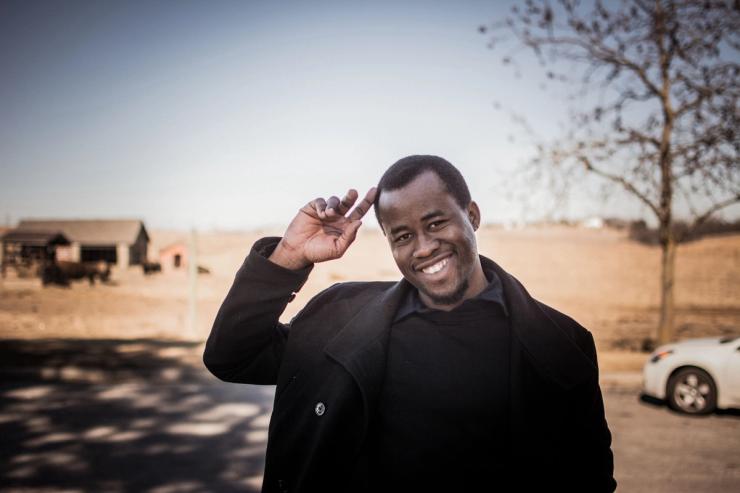The Facts
Nigerian author Chigozie Obioma’s first two novels, The Fishermen (2015) and An Orchestra of Minorities (2019) were both finalists for The Booker Prize and have been translated into 30 languages. He is a creative writing professor at the University of Georgia. His third novel, The Road to the Country, has just been published.
Know More
💡 How do you tackle writing about historical trauma and memory?
Everything in The Road to the Country — a story of love, brotherhood, atonement, and friendship mostly set during the Biafran War — was difficult. I think it will take a long time to recover from what this book took from me, but I feel that it was necessary to write it because there have been a lot of people who don’t know what the scale of it was.
💡How do you reconcile the traditional and the mythical with the modern elements when creating your characters?
I think of myself as a sort of African traditionalist. I feel that modern culture — whether we deny it or not — is spearheaded by Western culture and approach. This is not a problem. But I feel that there is something in our cultures across Africa that was truncated by the intrusion of the colonials. I investigate those, and what I find — in the Igbo and Yoruba traditions of storytelling for instance — are tropes that I recreate in my work.
💡Have literary awards influenced your writing?
Whatever one gets in this field of endeavor, one must accept it as the gift of providence. I don’t take it for granted that I have gotten so much. But I have to say that none of that has changed me deep inside. I only think of reception after the work has been finished and I no longer can control how people will receive it or react to it.
💡Which book most shaped your worldview?
I would say that Homer’s The Odyssey has had probably the largest influence on my aesthetics and how I approach long-form storytelling. I believe in the quest narrative — characters journey internally or externally from one point to the other. For me, it is the most compelling narrative arc, and that mythic world in many ways feels natural to my own style of creating mystical worlds.

💡 Which top tips do you share with your creative writing students?
Haha, the University of Georgia will not allow me to share them here. But my advice is simple: write what is true to you; what you truly believe in. Don’t write what is in fad, or write like others. What informs your art is who you are when no one is looking. That is what you must write about.
💡 Which songs were you listening to while writing the third novel?
Mostly songs from 1950s Nigeria. Others were produced during the war years. One that echoes some of the scenes in the novel is Amachie Uwa Jorge by Helen Williams. But as always, I sometimes played Lady Jaydee’s Siku Hazigandi.
💡 What dish would you serve to the Semafor Africa if we came round to yours?
Haha, well pounded yam and Ofe Okazi.


